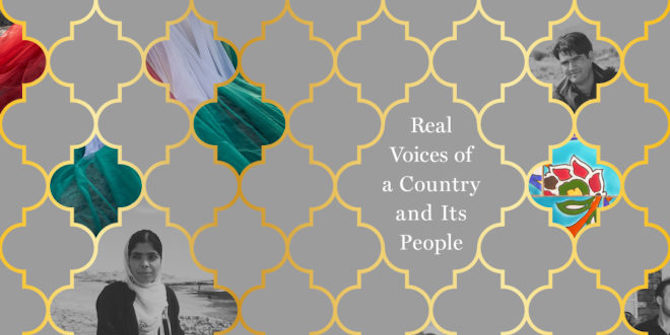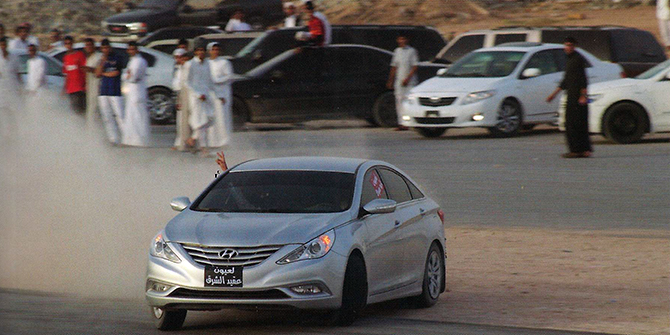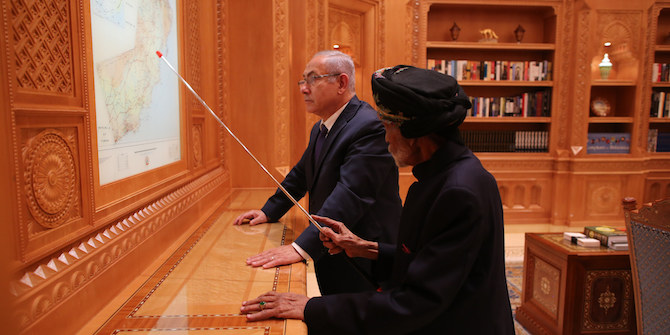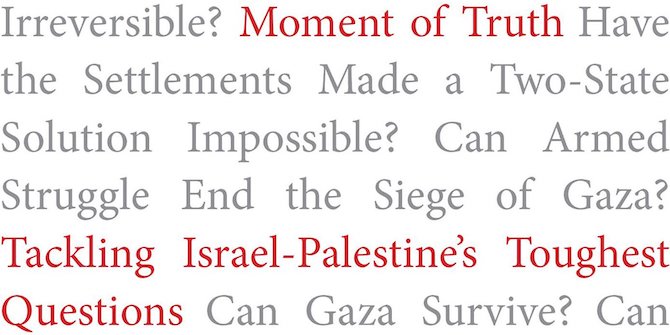by Youssef Cherif
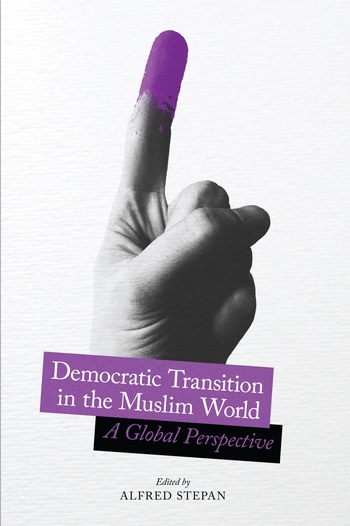
‘It first happens in Tunisia, then in Egypt’. This was the common saying in the euphoric days of 2011. Some observers continued to see parallels between the two countries in actions and developments until 2012 and even 2013. Then Abdel Fattah al-Sisi staged his coup. Since that fateful day of July 2013, the two countries went their separate and opposed ways, becoming two ‘least similar’ cases (p.1). This is when political scientists began asking: Why did democracy work in Tunisia and not Egypt?
Comparing democratic transition in Tunisia and Egypt is the bulk of Democratic Transition in the Muslim World, although its contributors wanted to explain the broader question of ‘why new democracies, ones with strong Islamic influences, have actually emerged in the contemporary world’ (p.2), specifically in Indonesia, India and Senegal. The latter, however, is nowhere covered in the book. As for Indonesia and India, they get two separate chapters (the final chapters 8 and 9). But Malaysia for instance, another important majority Muslim democracy, is missing.
Democratic Transition in the Muslim World is Alfred Stepan’s last book, published a few months after his passing. Stepan was a world reference in comparative politics and democracy. He began his career in Latin America in the 1970s, writing about dictatorship and democratisation, before expanding his interest to the Middle East and Asia at a later stage. He strived to prove that democracy and Islam can work together, positioning himself in the antithesis of Samuel Huntington.
Tunisia therefore came as a gift to Stepan. The Arab Spring opened a democratic alternative in the Arab world. The North African country, with its moderate Islamists and relatively peaceful climate, performed like a good student among its peers. Stepan made several visits to the country since 2011 and interviewed many of its leaders. He wrote a series of articles about the Tunisian experience and openly stated his enthusiasm about developments there.
One can therefore feel across the pages of the book a fascination about Tunisia, portrayed as an idyllic project of democratisation. The book is also slightly biased towards Ennahda, credited with most of Tunisia’s success. Stepan even coined a term for the Party’s philosophy: ‘a democratically friendly Islamic political theology’ (p.4). Indeed, when compared with the Muslim Brotherhood or with its secular critics in Tunisia, Ennahda shines. Weakly organised and often ill-informed about Ennahda, Tunisia’s seculars could hardly compete with the Islamists nor offer an alternative.
The first chapter was written by Ennahda’s President, Rached Ghannouchi. While a renowned scholar of Islam and political Islam, he wrote in his capacity as a politician in exercise. His text defends Ennahda’s role and contributions without self-criticism. The positive reception of Ennahda is perceptible in the texts of Stepan, Monika Marks and Radwan Masmoudi. The party is described as striving to spread democracy in the country.
Ghannouchi claims that Ennahda’s approach to crises is ‘using the logic of dialogue and compromise’ (p.19). He omits Ennahda’s street mobilisations of 2012 and 2013 as well as a number of attacks (although non-lethal) that its members waged on secular foes during the same period. The other authors neglect this nuance too. Ghannouchi, moreover, boasts about having opposed the exclusion of former regime affiliates, which is according to him a proof of Ennahda’s inclusionary thinking. Yet he fails to mention that this was part of an agreement between himself and Beji Caid Essebsi – an old regime apparatchik – that allowed the latter to become president. The act sealed a coalition between the two men who imposed it on their respective parties.
Actually, Ennahda’s democratic culture is exaggerated. The party has been ruled by the same man for several decades. Often, younger members are sons and daughters of older leaders, which is reminiscent of the nepotism existing in Lebanese or Pakistani political parties. The party’s financing is opaque and subject to several interpretations. These points were not addressed in the book, although they have implications on the party’s long-term democratic goals and on Tunisia’s democratic consolidation.
In the chapters written by Ghannouchi, Stepan and Marks, too much emphasis is given to the 18 October Coalition for Rights and Freedoms. It was indeed a significant pact in the history of Tunisia’s opposition that allowed it to coalesce against the regime. It cemented an entente between Islamist and non-Islamist political figures. The three authors partly attribute Ennahda’s openness and its subsequent compromises to this pact. However, its consequences are exaggerated. The opposition to Ben Ali was weak and isolated. Its influence on the street, as well as its participation in the 2011 Revolution, was minimal. The compromises reached after 2011 responded more to immediate calculations rather than ideological alliances. Furthermore, the post-2013 ‘consensus’ which is ruling Tunisia today is not made by the pre-2011 actors (apart from Ennahda).
The international relations component is lacking in the book, although international players did pressure both Ennahda and its secular opponents towards compromise. Masmoudi’s chapter aims to cover that gap, though the chapter’s main theme follows Ennahda’s rhetoric about the UAE’s role in the country. The author often uses Qatari or Qatar-friendly media outlets to prove his statements, which sometimes flirts with conspiracy theories (such as the Dahlan plot, p.152). It is however an important contribution, as the UAE’s role in Tunisia is often neglected in the literature.
But Ennahda’s bright image is understood when contrasted to Egypt’s Muslim Brotherhood. Carrie Rosefsky Wickham explains the inadequacy of the Brotherhood’s methods with democracy. She finds similar patterns with their secular foes, though, whose manners resemble their Tunisian counterparts’. The blame of derailing the transition is therefore on both sides; their mutual misunderstanding, lack of trust, inflexibility and zero-sum game. Nathan Brown draws a nuanced image as well. He compares the Tunisian and Egyptian constitutional processes and comes to the conclusion that Tunisian constitutionalists were more willing to compromise than Egyptians. Brown retraces the debates among Egyptian political groups from all spectra and describes the lack of confidence among them (pp.81–85). That was Egypt during the revolutionary years (2011–13), when the political society was divided between three distinct groups: Muslim Brotherhood, revolutionaries and the State. The post-2013 Egypt, conversely, witnessed the revenge and victory of the State. The disagreements between Islamists and seculars in Egypt led to their mutual exclusion from politics for the benefit of the state. Politics became accordingly the sole prerogative of the military, the judiciary, al-Azhar (the official religious institution) and the police.
Hicham Bou Nassif draws an interesting comparison between the Tunisian and Egyptian armies, the army having been a key element in derailing democracy in Egypt. While ‘the institutional culture entrenched among Egyptian officers is militaristic and paternalistic; that of their Tunisian counterparts is professional and republican’, he writes (p.123). For him, the main difference between the Tunisian officers and their Egyptian counterparts is the Tunisian army’s ethos that abhors intervening in politics, as opposed to the Egyptian one which considers the army’s role as ‘messianic’, allowing it to intervene when it deems necessary. In addition, the Egyptian army’s economic interests, at risk after 2011, pushed it towards an aggressive defence. The hatred of the Brotherhood is also well entrenched in the Egyptian army psyche, which explains the violence used against the Islamist organisation since 2013. However, a similar observation could be made in Tunisia, where the army has been traditionally wary of Islamists, but this was not raised by the author.
On a broader comparative scale, Stepan highlights the contrast between the democratic processes in Chile, Indonesia and Tunisia. In Chile during the 1980s, politicians from the left and right coalesced against dictatorship. In Indonesia, Islamist and secularist forces, including Christians, joined forces for the same goal. This took place in Tunisia as well, but it materialised after the fall of the regime, as noted above. The book ends with two key case studies about Islam and democracy in Indonesia and India. Yet both chapters seem somewhat disconnected from the rest of the book. While the first part dealing with Tunisia and Egypt focused on the post-2011 period, the Indonesian and Indian cases addressed mostly a longer and previous era, that of the second half of the twentieth century.
Democratic Transition in the Muslim World captures part of the story, as it puts too much emphasis on Ennahda’s positive attitudes and leaves little analysis or space to its secular foes. It is slightly unbalanced for a book claiming to cover democratisation in the entire Islamic world, as Tunisia and Egypt receive most of the attention. Still, it contains several first account observations, and it helps understand the current crisis in the Arab world. The comparative examples it shows are interesting paths to follow. Anyone comparing Tunisia and Egypt during the Arab Spring will have this book as a must-read.
 Youssef Cherif is a Tunis-based political analyst and a member of the Carnegie Endowment for International Peace’s Civic Research Network. He tweets at @Faiyla.
Youssef Cherif is a Tunis-based political analyst and a member of the Carnegie Endowment for International Peace’s Civic Research Network. He tweets at @Faiyla.



